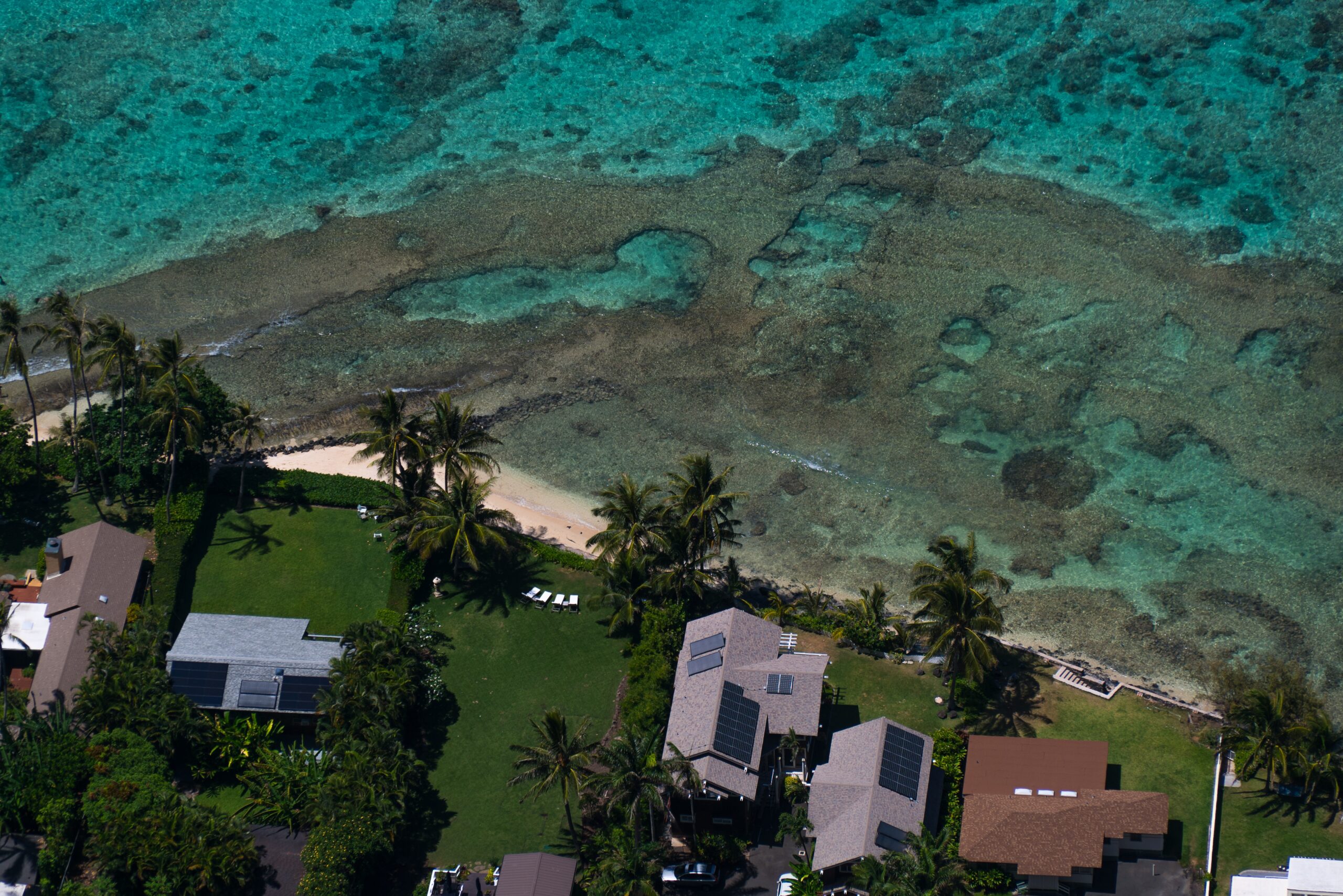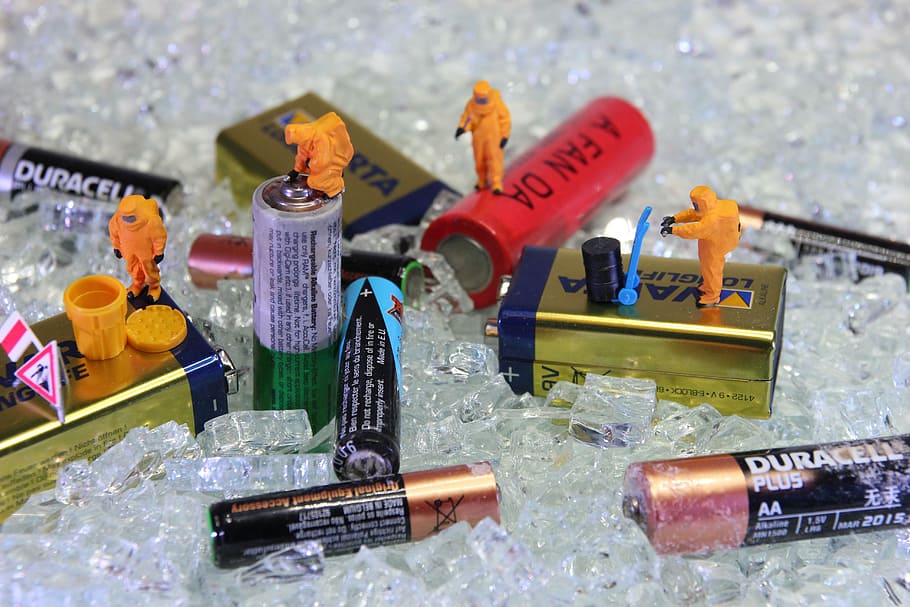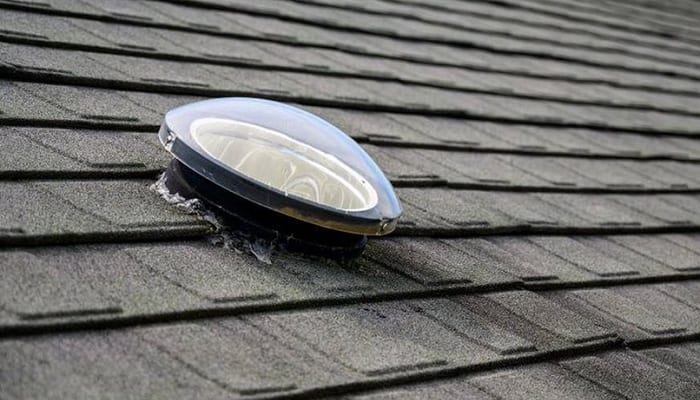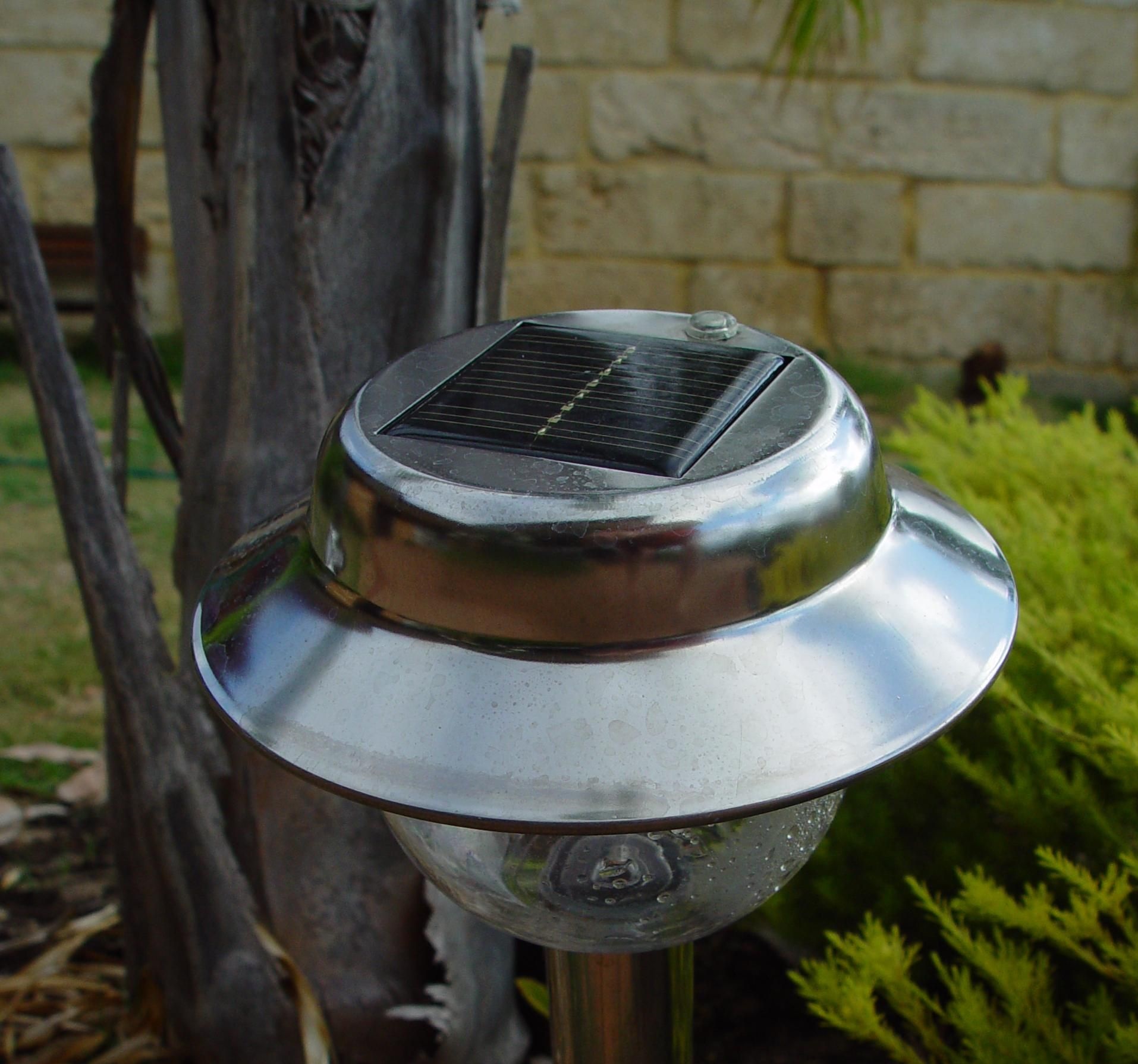If you live near the ocean and are thinking about investing in solar panels one of the biggest questions you might be asking yourself is how will my solar panels stand up against the salty air from the water. Living near the ocean can be a wonderful experience. Growing up in Southern California I have been lucky enough to live within a few miles of the ocean my entire life and while it has been wonderful there are certainly some drawbacks to consider. One of the main drawbacks that I have found is that products that are left outside, be it cars, toys, chairs, tables, or tools, will degrade far more quickly when compared to more inland climates.
Throughout the rest of this article I will give you my personal experience with solar panels near the ocean and give you my professional opinion as to whether or not you should invest in solar panels.
Should I Buy Solar Panels If I Live Near the Ocean?
The first thing to consider if you live near the ocean and are contemplating solar panels is does your location get enough sunlight to warrant solar panel installation. If you live in Southern California the answer is almost certainly yes. For example, if you live in Los Angeles, you will experience, on average, around 283 sunny days per year. That is nearly 80% of the year! In addition, of those 81 non-sunny days, a majority of those will have partial sunlight which will produce a good amount of electricity if you have solar panels.
On the other hand if you live on the coast near Seattle, you will, on average, experience only 152 sunny days per year. This is over 100 less sunny days, which will of course vastly decrease the output of your solar panels. If you are deciding to get solar panels, determining your location’s sun exposure is the first and most important step in determining whether or not you should invest in solar panels. If you do not get enough sunlight to warrant the investment in the panels then the fact that you live close to the ocean will make no difference.
To determine your location’s sunlight exposure and the viability of solar panels, I recommend you use this calculator, Energysage is a widely known industry brand and their estimates are extremely accurate. I recently used this site to estimate solar savings for a property in San Diego and the results are within 5% of my predicted numbers from EnergySage.
How Do Solar Panels Hold Up Near the Ocean
As I stated earlier in this article, living near the ocean can be amazing but it also has its drawbacks. The salt spray of the ocean water combined with hot sunlight during summer months can rapidly deteriorate things that are left outside. A car’s finish will be destroyed in almost half the time as compared to drier, more inland areas. Additionally, metal tools and furniture will rust quickly and lose the shine far faster as the salt works to corrode the metal. When it comes to solar panels however, the outlook is far more positive.
While not all solar panels are corrosion resistant, if you live near the ocean you will be able to specifically request corrosion resistant panels that will withstand the salt spray from the ocean. Most solar installers that operate in coastal areas will be prepared with corrosion resistant panels, however it is also good practice to ask and make sure the panels they are installing are corrosion resistant. These specially designed panels are produced with higher quality materials to ensure that they can last throughout the 25 year warranty that most companies include.
Solar companies want to do everything possible to ensure that there are no claims on their warranty. Every claim means lost money for them which of course no one wants. In this case that means making corrosion resistant solar panels that are sturdy enough to withstand the daily pressures of a product that is constantly exposed to harsh salty sea breeze.
Conclusion
While you might think that living near the ocean would prevent you from getting the most out of your solar panels, I hope you now know that this is not the case. Of course the effectiveness of your solar panels will depend on your location’s sunlight exposure, living near the ocean will not mean that you cannot get highly cost effective panels. Specifically designed solar panels that are purpose built for use near the ocean will ensure that your panels can withstand the pressures of the ocean. While these panels may cost slightly more than your average solar panels the benefit of knowing they will last throughout their lifetime is far worth the additional cost.
Frequently Asked Questions
What is the difference between normal and ocean solar panels?
There is not a huge difference. Both operate in the exact same way and the only difference is that solar panels made for use near the ocean are designed to be more sturdy and corrosion resistant than normal solar panels which do not require the additional strength.
Can salt water cause corrosion on solar panels?
Like all things solar panels are sensitive to the corrosive nature of salt water and will degrade overtime. However, corrosion resistant solar panels are especially designed to withstand salt water and maintain their effectiveness even when installed directly next to the ocean.
Can Solar Panels Work in the Ocean?
Yes. While this will almost never apply to a residential solar installation, there are numerous examples of floating solar farms on the ocean that perform extremely well, often 10-15% better than solar farms on land. This is due to lower temperatures on the water and, on average, less cloud coverage compared to other locations.




